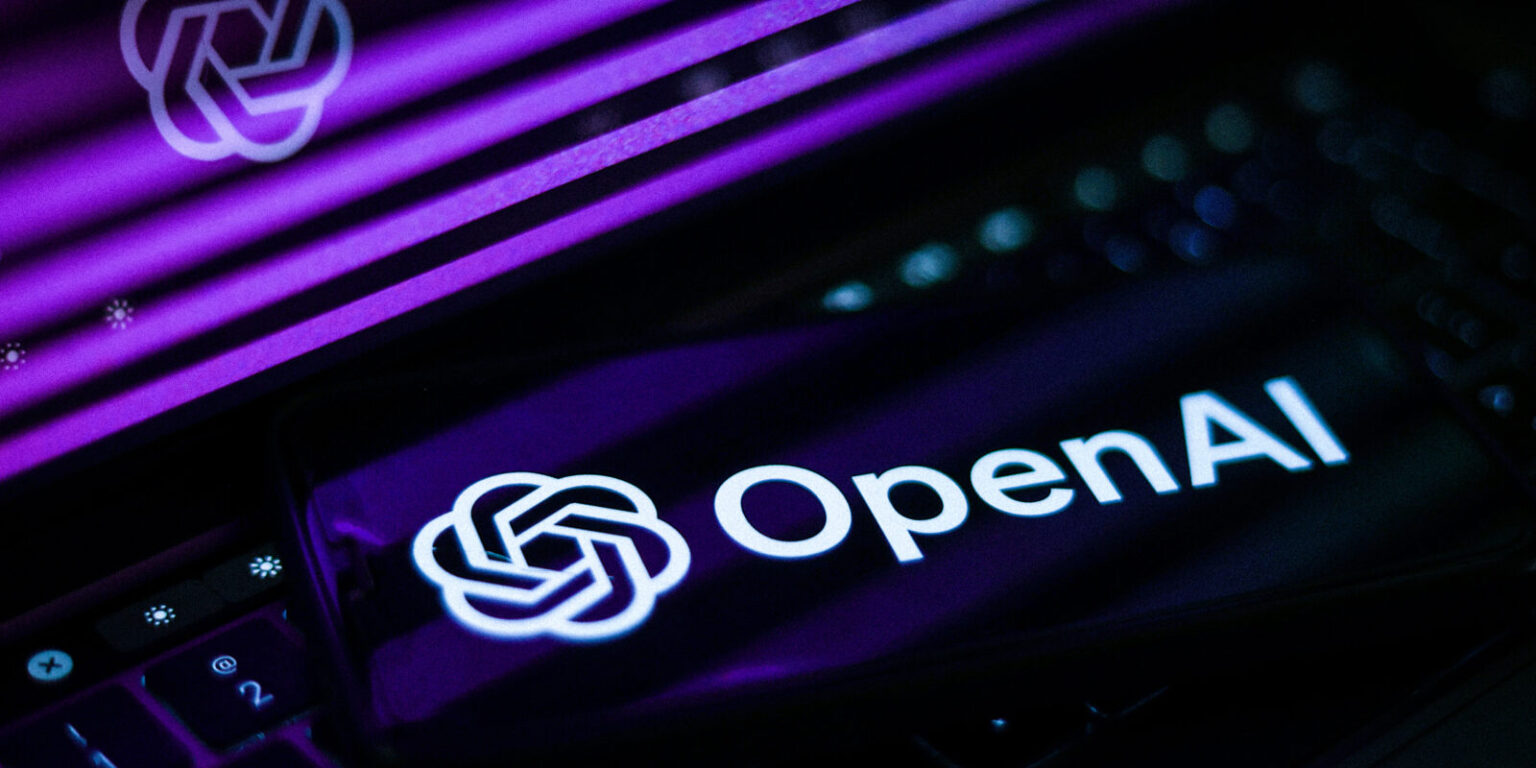OpenAI is exploring a new identity feature that could allow users to log into third-party apps using their ChatGPT credentials — a potential shift that signals the company’s ambitions to embed itself deeper into the everyday digital lives of its users.
Quietly revealed via a new developer interest form on its website, the proposed “Sign in with ChatGPT” feature would function similarly to login systems from tech giants like Google, Apple, and Microsoft, which allow users to authenticate across a range of services with a single account. OpenAI, which now claims around 600 million monthly active users for ChatGPT, appears to be preparing to turn that scale into a more integrated ecosystem.
Bigger deal than people are realizing
— Nick Dobos (@NickADobos) May 19, 2025
sign in with chatGPT is about to be EVERYWHERE pic.twitter.com/XNsloe1nS8
While the company has not announced a public launch timeline, developers are already being invited to register their interest in the feature. The form allows app makers to specify the size of their user base — from startups with fewer than 1,000 users to platforms with over 100 million — and to share how they currently charge for AI features or if they’re existing OpenAI API customers. The scope suggests OpenAI is positioning this tool as a wide-scale authentication system that could extend beyond developer tools and into mainstream consumer platforms.
This move follows a limited rollout earlier this month, when OpenAI debuted a version of “Sign in with ChatGPT” within Codex CLI, its open-source coding assistant for terminals. There, users could connect their ChatGPT Free, Plus, or Pro accounts to existing API services. In a small incentive push, OpenAI offered Plus users $5 in API credits, while Pro users received $50 in credits for linking their accounts — a clear indication that OpenAI is using its API platform to test demand for the broader sign-in capability.
Although CEO Sam Altman floated the idea of a “sign in with OpenAI” option back in 2023, the new initiative shows tangible progress toward making ChatGPT accounts function not just as chat interfaces, but as foundational digital identities. That could help OpenAI take a more active role in user authentication across apps related to social media, shopping, productivity, and more.
It’s not yet clear whether the identity system will include federated authentication features like granular permissions, security guarantees, or two-factor support. Nor has OpenAI disclosed which companies — if any — have agreed to implement the service. Still, if adopted, it would mark a notable evolution in how the company positions ChatGPT, transforming it from an AI assistant into a login gateway.
As AI continues to become a central part of everyday workflows, identity services built around those tools could reshape how users engage with digital ecosystems. With ChatGPT already used across education, enterprise, and personal productivity, OpenAI may be laying the groundwork for an authentication service that rivals those from Silicon Valley’s most entrenched players.





